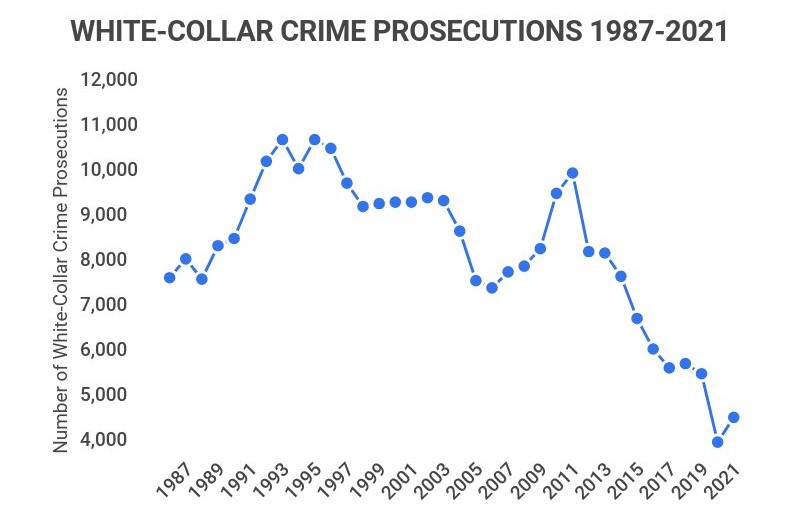Plus part of it is the culture with the constant advertising which makes people feel they have to keep buying and spending. Coming from Europe or Asia, the amount of advertising in the US is really noticeable
Correct: the intertemporal choice model explains this. Individuals save money in order to hedge against the risk of potentially being unable to earn money in the future - the most obvious risk is aging, individuals cannot work when they are old; as well for disability, family crises, and unemployment. However, the fabulously efficient U.S. financial sector as well as the hypercompetent Department of Labor - Employee Benefit Security Administration implementing ERISA has made it so that retirement is a completely insurable risk through various kinds of tax-advantaged accounts such as a 401(k) and 403(b) where employees are able to deploy savings to the capital markets and fund the next generation of U.S. corporate CapEx across the entire risk-spectrum (depending on the employees risk preferences) - everything from water pipes in Philadelphia from the American Water Works Company, to data centers from Digital Realty, to software R&D by Microsoft, and IC design by Nvidia. This allows for employees to earn marvelous returns on their retirement savings when those savings are deployed for capital projects that will permanently increase total productivity into perpetuity. Health and retirement risks are similarly insurable - the massively innovative US financial sector has created affordable and mass-market life, health, and disability insurance products that are able to be uniquely capable of pooling and transferring risk in order to completely erase the need for households to save in case of family crises, disability, or health.
Finally unemployment - unemployment is simply an incredibly rare thing for white collar workers in the U.S. (see -
). Thus, it’s simply not a risk white-collar office workers need to pay much attention to, and what’s more: since the U.S. has been a bastion of political stability and peace for centuries, much longer than any other country, there simply isn’t any cultural factor that necessitates savings or any inherent pessimism about the future. Unlike Europe which had WWI and WWII and the spectre of communism throughout the 20th century, or in Asia where it had the violent Japanese empire, WWII, and (again) the Cold War (Vietnam/korea) and then the 1997 AFC all across; the U.S. since 1787 has been a story of total serene peace on its homeland (outside of 2 census blocks in Hawaii on Dec. 7, 1941 and a geographically isolated civil war limited solely to uninfustrialized southern backwaters*) and 2% growth y/y and capital formation year after year after year for 2+ centuries. Obviously, this political history will cause Europeans and Asians to cautiously save in case of future risks but will cause Americans to splurge like there is no tomorrow because tbqh, tomorrow will come and it will be just as prosperous (if not more than today) into perpetuity so they don’t need to cut their consumption.
*obviously, the peaceful and serene political history doesn’t apply to black individuals in the U.S. who dealt with slavery and Jim Crow, and as Milton Friedman pointed out, black individuals have higher savings rates than white individuals at all levels of income (
) but since black individuals are 13% of the U.S. population, it has negligible effects on national accounts

